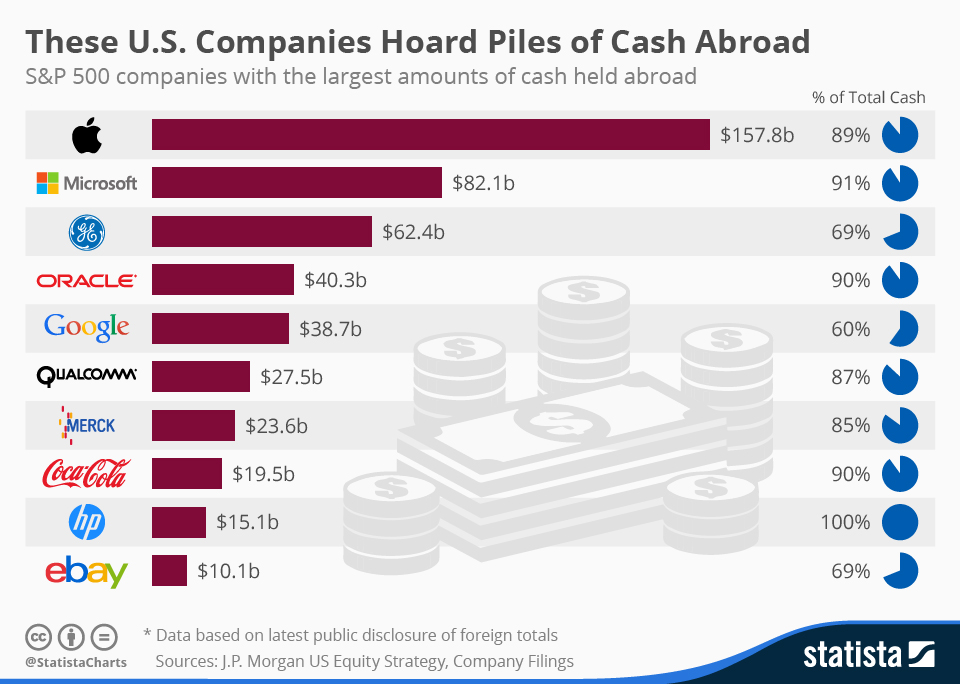Good rhetorical question from Dave Winer:
Why do people shame other people on the net? Because (I theorize) it’s one of the few forms of power left to them. One of the few ways their ideas are considered valid. It’s a channel for expressiveness, a gesture that might seem to have meaning.
Why do people troll on comments? Speak silly talking points they got from Fox News or MSNBC? This is one area where there is equivalence, the “left” and “right” both do this. Seek out each other for a permanent argument. My guess is they do it because it gives them a simulated nutrient-free sort of relevance.
The thing about the Internet that we rarely talk about is that it holds a mirror up to human nature. It reveals things about humanity that we’d rather not admit to. Which is why we blame the mirror, not the thing it reflects. Many years ago, when I was writing my history of the Internet and there was a lot of noise about online pornography, I tried to re-frame the discussion. If there’s a lot of porn on the Net, I argued, then doesn’t that tell us something interesting about human nature? Because if there wasn’t such an apparently insatiable appetite for porn, then ultimately it would decline on the Net. So instead of obsessing about the impact of the network, maybe we should be asking what the human appetite for porn means? What does it tell us, for example, about our relationships? About the differences between men and women? I got nowhere with that argument then, and clearly things haven’t changed much in the last 15 years.

